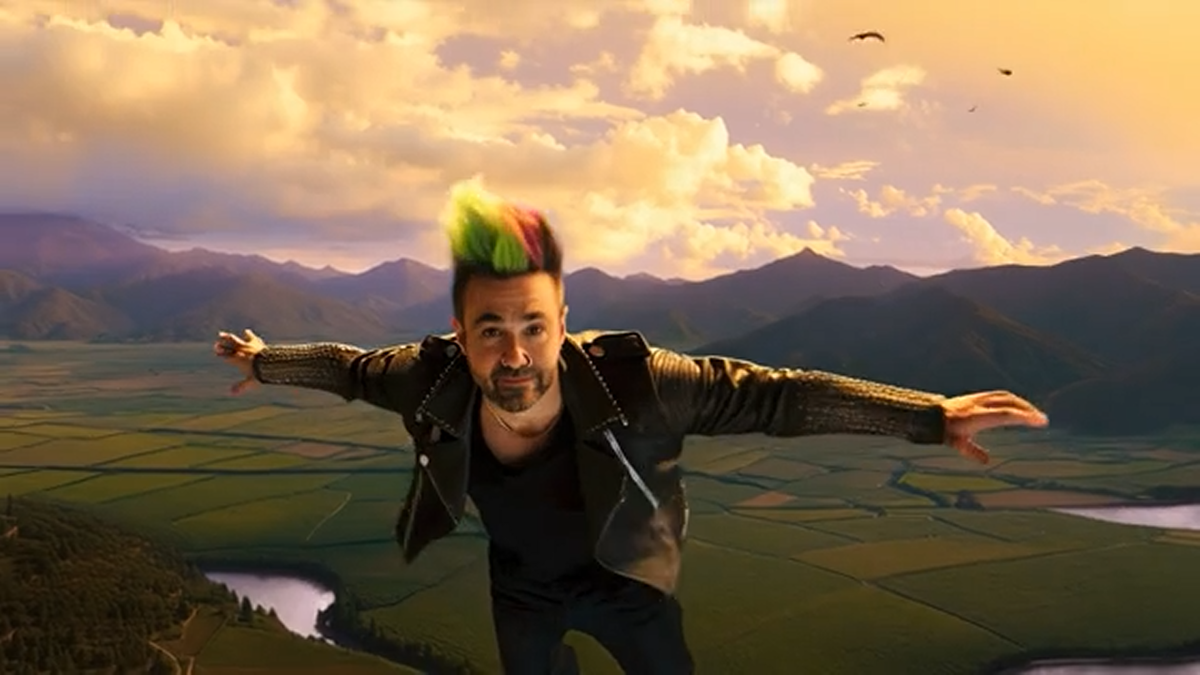“I am about to get laid off,” Folashade Ade-Banjo spoke to the camera while positioning her phone, “and you are about to see it.”
In a five-minute TikTok video this month, Ms. Ade-Banjo, a 30-year-old Los Angeles marketing professional, was shown sitting quietly at her desk and staring at her computer, a pained look on her face as she nodded that she was ready to start. She was being laid off by a tech giant. The video racked up a half million views and thousands of comments within hours.
“One of my resolutions for this year was to be a lot more open and honest with things I struggle with in my own life, so part of that is really showing parts of my life that may not be as glamorous,” Ms. Ade-Banjo said in an interview.
As companies from the start-up Discord to Google have shed hundreds of jobs in recent weeks, some tech workers are taking to social media to share their layoff experiences, and many of these videos have gone viral. They show people crying as they talk with human resources or going through their daily routine knowing a mysterious appointment on their calendar is likely to result in their termination.
The trend is part of a movement driven by Generation Z and millennials to share every aspect of their lives on social media, from stories about a bad date to deeply personal revelations during “get ready with me” videos of daily routines like applying makeup, according to career experts. The layoff videos and accompanying job-hunting posts on sites like LinkedIn and X are shedding new light on a private moment many people try to hide.
“The boundary between the personal and professional has been broken,” said Sandra Sucher, a Harvard economist who studies layoffs.
Some workers say they are using the videos to process the emotions of losing their job. Joni Bonnemort, 38, of Salt Lake City, filmed herself crying as a credit repair company laid her off from her marketing job in April. She planned to share the video only with her family but posted it to TikTok after finding out that the company had paid out bonuses to the remaining staff a week after conducting layoffs. The video racked up more than 1.4 million views and supportive comments.
“I wasn’t going to come off bitter like an exposé, but at the same time, it’s my experience,” Ms. Bonnemort said. “This happened to so many people.”
Vanessa Burbano, a professor at Columbia Business School who studies how company practices influence employee behavior, said remote work had emboldened people to speak out online.
“The interaction between individuals and their company has just fundamentally shifted with the increase of remote work,” she said.
After receiving a 30-minute “catch-up” meeting invitation from a new manager this month, Mickella Simone Miller, who worked remotely as a project manager based in Salt Lake City, filmed a video about her day working from home, including choosing a coffee mug that said, “The world is falling apart around us, and I’m dying inside.” The video ended with her listening to her company announce it was eliminating her role.
Beyond being therapeutic, Ms. Miller said, the video led recruiters to reach out with potential opportunities — and roughly 30 invitations to apply to new roles, although she hadn’t found a new job yet.
Companies need to realize that anything can be recorded and shared, in an age when people are increasingly comfortable posting things online, said Lindsey Pollack, an author of career books on multigenerational workplaces. She sees it as a positive that people are sharing layoff experiences and doesn’t think it will hurt their future chances of employment.
In one case, Matthew Prince, the chief executive of the cybersecurity company Cloudflare, responded on X this month to a nine-minute TikTok video of a firing at his firm. He defended the decision to fire the worker but said the company should have been “more kind and humane.”
Brittany Pietsch, the former Cloudflare employee who posted the video, said she was going through over 10,000 LinkedIn messages, including many from recruiters.
“I don’t have any regrets,” she said in an interview. “All I did was just be candid and show a conversation that wasn’t scripted.”
While experts said the posts were unlikely to harm people’s future career prospects, they cautioned that those who posted layoff videos needed to be OK with potential notoriety.
Ms. Ade-Banjo, the Los Angeles marketing professional, made her video private shortly after posting it, to protect the identities of the managers who laid her off. She said her goal was simply to shed light on and destigmatize the process.
“If someone else is going through this situation, they at least know that they are not alone,” she said.





